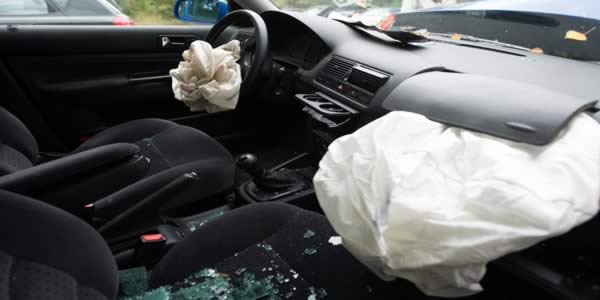Our Mount Pleasant DUI lawyers have dealt with “Drug Recognition Experts” (DRE). South Carolina law makes it illegal to drive a motor vehicle while under the influence of alcohol, any other drug or a combination of other drugs or substances, or the combined influence of alcohol and any other drug or drugs or substances to the extent that the person’s faculties to drive a motor vehicle are materially and appreciably impaired. In other words, a driver can be charged with a DUI despite there being zero evidence of whether the driver consumed alcohol.
What Are Drug Recognition Experts in South Carolina?
DRE was developed by police officers from the Los Angeles Police Department and, in 1979, the Drug Recognition program received the official recognition of the LAPD. Drug Recognition Expert Certification is issued by the International Association of Chiefs of Police (IACP). In South Carolina, some police officers are attempting to offer their “expert” opinion as DRE’s regarding whether a driver is under the influence of one of seven categories of narcotics (central nervous system depressants, inhalants, dissociative anesthetics, cannabis, central nervous system stimulants, hallucinogens, or narcotic analgesics).
What is the Drug Recognition Evaluation Process?
There are 12 steps to a DRE’s Drug Evaluation Process:
1) Breath Alcohol Test – A sample of breath is taken from the driver to determine the concentration of alcohol.
2) Interview of Arresting Officer – The DRE consults with the investigating officer to determine the circumstances surrounding the driver’s apprehension.
3) Preliminary Examination – During an initial examination, the DRE asks the driver questions regarding the driver’s medical and physical limitations.
4) Eye Examination – The DRE conducts tests for Horizontal Gaze Nystagmus (HGN) and Vertical Gaze Nystagmus (VGN).
5) Divided Attention Tests – The DRE has the driver perform the One Leg Stand test with both legs, the Walk and Turn test, a Modified Romberg Balance test, and the Finger-to-Nose test.
6) Examination of Vital Signs – The DRE records the driver’s blood pressure, pulse, and body temperature.
7) Dark Room Examination – The DRE examines the driver’s pupils in near total darkness, under direct light, and in normal room light. The DRE also examines the driver’s oral and nasal cavities.
8) Examination of Muscle Tone – The DRE examines the flexion and the extension of the driver’s muscles to see if there is any flaccidity or rigidity.
9) Examination of Injection Sites – The DRE examines common injection sites to determine if the driver is using injected substances.
10) Driver’s Statements / Other Observations – The DRE tries to solicit information from the driver which will corroborate any signs and symptoms that the DRE has observed.
11) DRE’s Opinion – The DRE makes a determination of the class or classes of drugs that is influencing the driver based on a matrix of the symptomology associated with known classes of drugs.
12) Toxicological Examination – Blood, saliva or urine is obtained from the driver and is analyzed to determine what class of substances are present that corroborates the DRE’s opinion.
What is the Reliability of Drug Recognition Experts?
The reliability of DRE’s has been widely criticized and has been challenged by defense attorneys in many states. For example, a court in Maryland found that a “Drug Recognition Expert” was not qualified to render an opinion regarding whether the driver was under the influence of drugs. In that case, the defense called three expert witnesses in various fields of medicine to challenge the reliability of the DRE’s training, testing, and his opinion.
One of the things that DRE’s look for is dilated pupils. There are numerous medical reasons why one’s pupils may become dilated which include sexual arousal, excitement, and performing complex cognitive tasks. Ironically, most people who get pulled over even for a simple traffic ticket experience a bit of fight or flight response to flashing blue lights. Just the sheer fact of being pulled over can cause enough excitement, and consequently the release of enough adrenaline, to cause your pupils to become dilated.
South Carolina’s courts have yet to determine whether a DRE’s opinion is reliable. Until then, our DUI defense attorneys are prepared to challenge any opinion presented against our clients by any “Drug Recognition Expert.”












